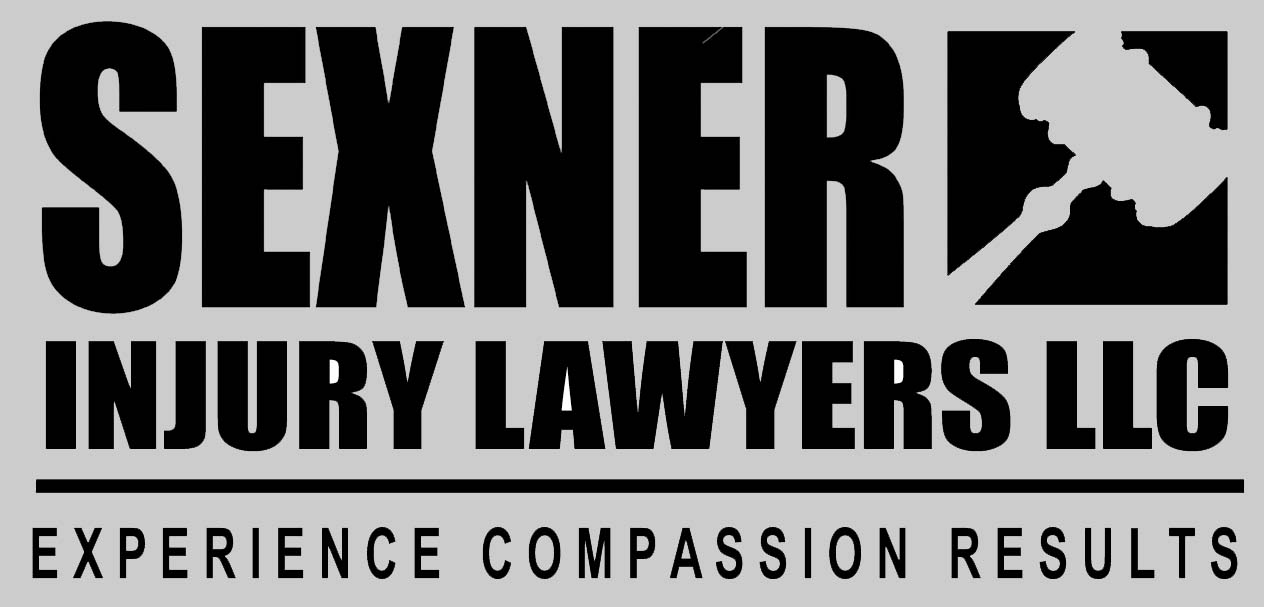Trip and Fall Case - $235,000 Settlement
Accident While Entering Store Results in Surgery
While walking towards the entrance of a store, our client tripped and fell over an advertising sign left by the store owner on the sidewalk. She then fell forward against the outside wall, suffering serious injuries. The woman fractured her wrist and sustained a cut above her eye that required stitches. As a result of the fall, she also damaged her rotator cuff. This injury required surgical repair. After extensive negotiations with the store's insurance company, we successfully secured a settlement in the amount of $235,000.
Determining Liability in Trip & Fall or Slip & Fall Cases
Falls are the leading cause of emergency room visits comprising about 21% of all such visits. , Many people are under the mistaken belief that if you trip or slip on another’s property, then it is always a valid lawsuit that can be successfully filed and you can receive money damages. Of course, anyone can file a lawsuit, but the question really is whether a judge or jury will agree that the other party owes you any financial compensation for the accident. This are of law is referred to as premises liability.
Merely getting hurt while on another person’s or company’s property is not enough by itself. If a client were to walk into a place of business and trip, falling to the ground, and seriously injuring them self, breaking a bone in the process, it may or may not be a viable lawsuit.
The Difference Between an Invitee and a Trespasser
It must first be determined if that person was invited to be there in the first place. If the place was a store, and anyone is invited to walk right in (like in our settlement detailed above), then that person is considered an “invitee” and is owed a high duty of care by the business owner to keep their place safe. The same would be true of someone who was invited into a private home for dinner, to watch television, or for any reason.
But what if the place was a private company and the person either wandered in uninvited or was specifically un-invited because it said in bold letters on the door “no solicitors”? Or what if the person was a thief who broke in to steal something? Well, this type of person would be called a “trespasser” and would be owed a lower duty of care by the business owner, because he or she was not invited to be there in the first place. That does not mean however, that a trespasser is owed no duty at all and can never win such a case. Even trespassers are owed some care. It would not be acceptable to have a large open hole in the floor or other such dangers.
The Requirement of Negligence
Once it has been determined what duty of care is owed to the injured party, it must be determined whether the property owner was negligent in some way, which basically means whether he or she acted unreasonably by doing something wrong or by failing to prevent the harm in some way. If someone tripped on the carpet, did the owner fail to keep the carpet in good shape, allowing holes or snags to exist? Or did the person just trip on their own, because they were tired or because their shoes were old and worn? If the condition was in fact dangerous, it is also important to find out whether the owner knew about it, whether he should have known, or whether he created it in the first place. Sometimes, the dangerous condition is not even made by man, but is considered “an act of God”, which refers to snow, rain, ice or other naturally occurring conditions. Although often a landowner cannot be sued over slipping on ice, under some circumstances they can.
No two times that a person is injured by tripping or slipping are the same. Why the person was there, what they were doing and how they came to be injured are all vitally important to a determination of liability. Given any opportunity, the insurance company will fight hard to deny your claim, but an experienced legal team, such as Sexner Injury Lawyers LLC can make all the difference. Call us today at (312) 243-9922 for free information.

